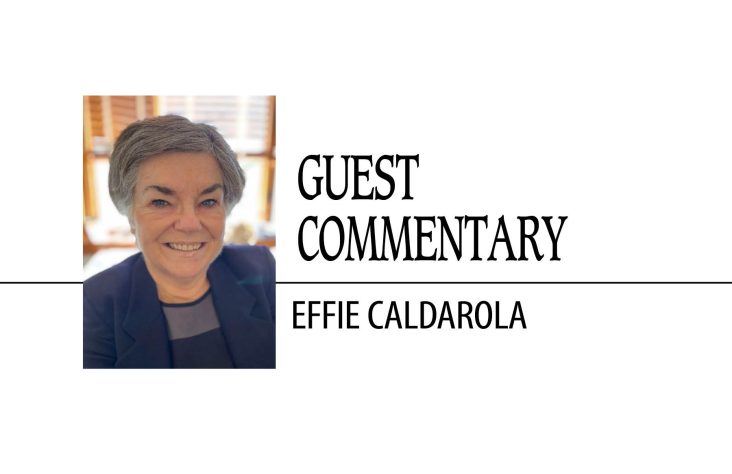February 15, 2012 // Uncategorized
God forgives, through Jesus
7th Sunday in Ordinary Time
Mk 2:1-12
The Book of Isaiah is the source of this weekend’s first reading. These verses come from the second section of Isaiah. At the time of their composition, the long, dreary exile of Jewish survivors of the Babylonian conquest generations earlier of the two Jewish kingdoms had ended. These exiles, or their descendants, yearned for their homeland. The opportunity to return came when the Persian emperor, Cyrus, overwhelmed Babylonia. He allowed the exiles to go home.
The religiously devout among the exiles saw God as the true deliverer. Cyrus merely was the instrument of God in this process. It is not all glorious and happy. God accuses the people of allowing despair to overtake them in Babylon, abandoning hope that God would protect them. Regardless, God was true to the Covenant.
Return to the homeland was bittersweet. The land was desolate and unaccommodating. The prophets still faced the task of sustaining and fortifying the people’s faith.
St. Paul’s Second Epistle to the Corinthians provides the second lesson for this weekend’s liturgy.
Corinth was a chief city in the Roman Empire. With a large population, including people from throughout the Mediterranean world, it, of course, was a destination for pioneer Christian missionaries. Converts were made in Corinth. A Christian community formed.
Evidently, however, these converts were the source of some anxiety for Paul, quarrelling among themselves, straying into sin and pagan practice, in a word being proud and stubborn. Paul called for uncompromised loyalty to the Gospel.
For its last reading the Church presents a passage from St. Mark’s Gospel. Healing this paralyzed man was marvelous, and lowering him through the roof made it all the more dramatic. Instead of being impressed, the scribes present at the event took offense. The Lord’s statement of forgiving the paralytic’s sin infuriated them, since they held firm the belief that only God can forgive sins, as sins offend God. They refused to accept Jesus as Son of God, the identity Mark so carefully asserted.
This reading, and the context of the times, link this man’s paralysis and sin. Pious Jews of that day looked upon physical maladies as the result of sin. Perhaps the victim of the maladies had sinned. Perhaps ancestors had sinned. Jesus confirmed this link by forgiving the man his sins.
Incidentally, roofs at the time were quite flimsy by modern standards. They were wooden beams laid horizontally from wall to the directly opposing walls of a house. Then thatch was laid on these beams, loosely held together by mud. It kept out the hot rays of the sun, much more a problem in the Holy Land than rainwater.
Reflection
Since Christmas, through the readings at Mass, the Church’s emphasis has been on Jesus as Savior, and as Son of God. With divine authority, Jesus forgives sin. Ultimately, the presence of God among us, in Jesus, is the marvel, exceeding even the cure of the paralytic.
The attitudes of the paralytic, and of the scribes, and their responses to Jesus, are important to note. The paralytic’s anxious hope for a cure is obvious. Still, the connection between his physical plight and sin very likely was on his mind. The Lord’s forgiveness came as much as a disabling of the effect of sin as a restoration of physical wholeness. He accepted Jesus as Son of God.
Scribes, able to read as well as write in an age of illiteracy, knew Judaism and Jewish history. They knew God’s intervention in rescuing the exiles from Babylon, for example. They knew that God had sent the prophets.
Still, despite their knowledge, they did not or could not recognize Jesus. The lesson is that God will forgive us, through Jesus, but we must humble ourselves. Our pride well may paralyze us.
The best news. Delivered to your inbox.
Subscribe to our mailing list today.





